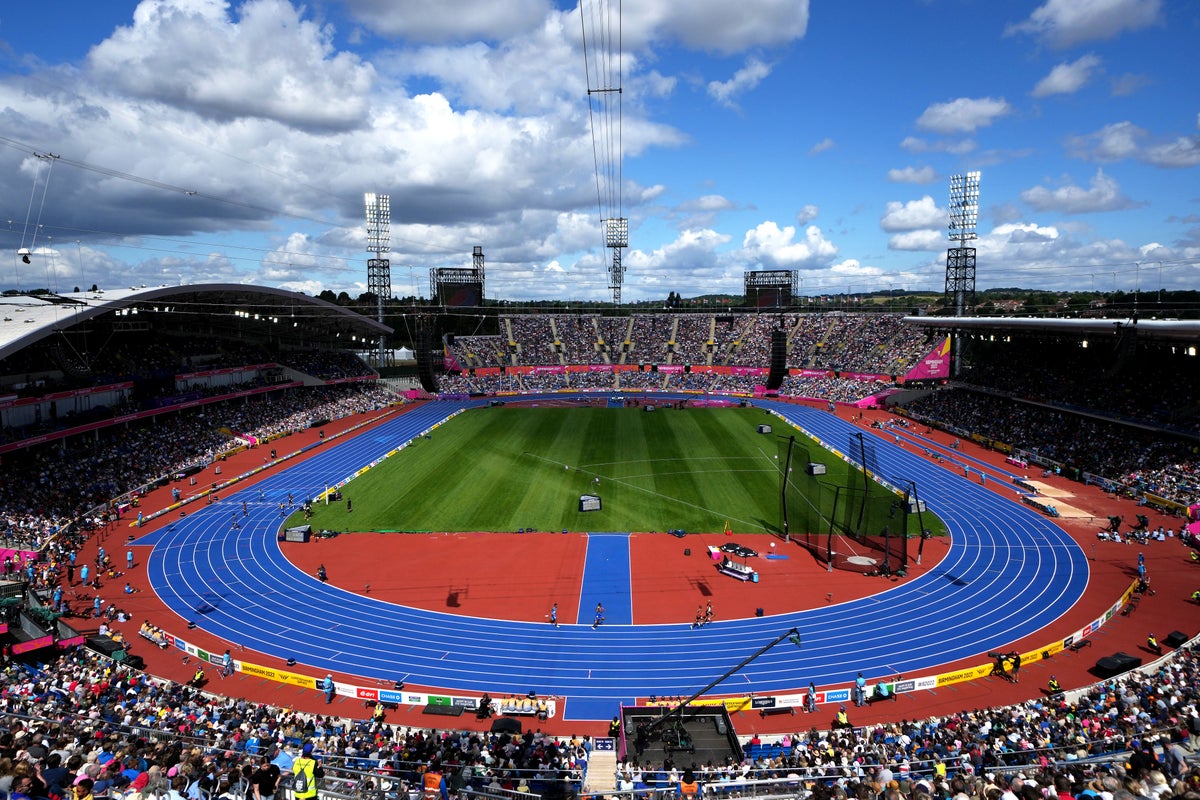
The Equality and Human Rights Commission has accused UK Athletics of misinterpreting its “sporting exemption” clause regarding the participation of transgender athletics.
UK Athletics said it believed its desire to reserve the women’s category for female-born competitors would be “very difficult” to realise because it might be unlawful under current legislation.
However the Equality and Human Rights Commission took the unprecedented step of issuing a statement in which it made clear that its current criteria allowed for the changes described by UK Athletics.
“We are concerned that UK Athletics’ interpretation of the “sporting exemption” set out in section 195 of the Equality Act 2010 is inaccurate, in particular the interpretation of how that provision interacts with the Gender Recognition Act 2004,” read the statement.
“Their interpretation is at odds with our position that Gender Recognition Certificate (GRC) holders can be lawfully excluded under the ‘sporting exemption’ in the Equality Act for reasons of fair and safe competition. We do not believe the For Women Scotland judgment altered this position.”
UKA’s desire to place transgender athletes in an ‘open’ category alongside men is at odds with the view of World Athletics, who has proposed to continue to allow transgender women to compete in female international track and field events, and continue to use testosterone limits as the basis for inclusion.
UKA, which has a Transgender Project Group to make recommendations, does not agree with the use of testosterone suppression for transgender women.
Instead, it would like to reserve the female category for those who were female at birth, but believes the ‘sporting exemption’ allows them to do so.
Chair Ian Beattie said: “Certainly there has been correspondence with senior ministers, and so on, on this area. I think, ultimately, we’re very keen we all recognise what we’ve got responsibility for – and the government are the only ones who can change legislation.
“That’s where we would look for that focus to be set. Certainly I think they’re sympathetic to the approach that we want to take. That has been the feedback that we’ve had.
“It’s the Gender Recognition Act 2004 and Equalities Act 2010. It’s specifically the Gender Recognition Act 2004 which states that people with gender recognition certificates have to be treated as female for all purposes. And there’s not an exemption for that for sporting purposes.
“It’s fair to say that if we didn’t get a legal change, it would be very difficult for us to go ahead with this policy.”
Commonwealth Games 10,000m champion Eilish McColgan has questioned World Athletics’ plans, saying “even if there’s a one per cent advantage then it’s too much of an advantage”, and Beattie welcomes athletes’ input.
“Yes, we do. I think people do have views, as long as the discussions are done within a spirit of respect, it’s really useful to get these views,” he said.
“The language is very important, there’s contentious views on both sides but, as a board, we know what our athletes think. So yes, I do welcome that.
“We’ve spoken to a number of other interest groups. It’s important that we are aware of all these views.”







